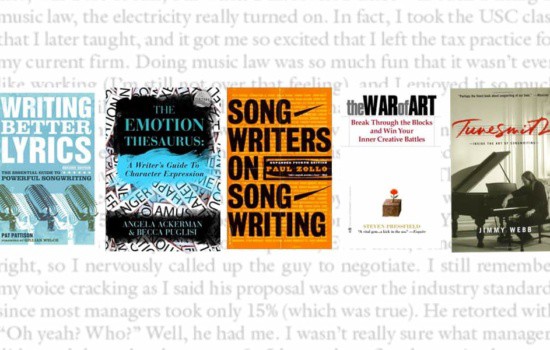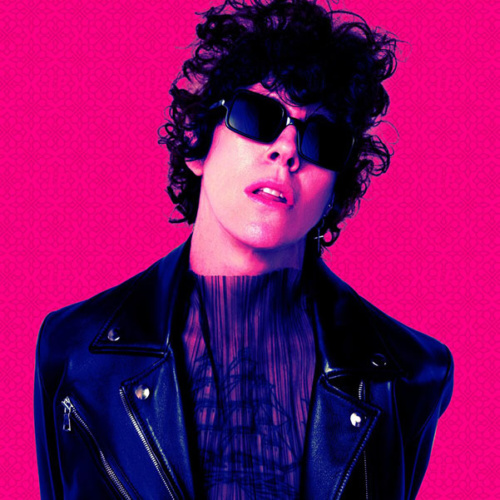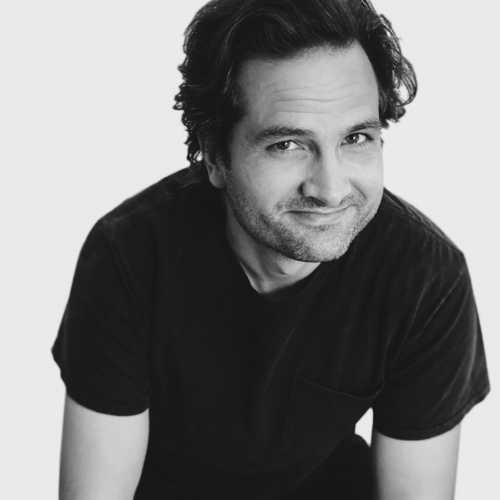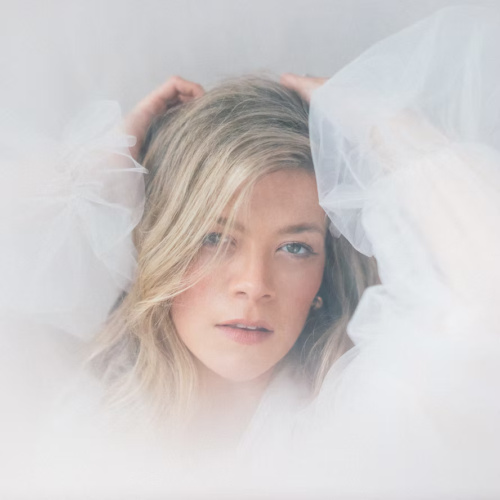LP
There’s this girl in the corner and she’s small, really small, and she looks like a boy, and she’s seething with emotion, with rage and love – because she’s alone, because we’re all alone, because our parents didn’t get it. She just found out faster.
Her skin is thinner because her heart is bigger. Her heart pushes against the skin, stretching it, sometimes too much.
She is a bloodletter, this girl. “A bloodletter of emotion,” she says.
I think, given the right or the wrong moment, you are too.
“I’m like a singing fucking banshee,” she says. “My music errs on the histrionic side, but that’s how I feel, you know, I try to just let it seep out because it just hurts me if I don’t. I put it all on the line, you know, I think I am possessed by the spirit of a gambler, the big wheel. I’ve put it all on red 27.” She could lose it all right now.
This is LP.
Born Italian. New York. You’ve got to understand that; the hottest blood, the toughest city, the smallest girl.
Today she is 5’ 3” and just over a hundred pounds but her sound is anthemic, maxed out. You don’t believe your ear-eyes when you see-hear, pealing from the body of one fighting with not enough, the music of so, so much. It is the music of emotional emergency, a prayer sung loud into a bottle and cast out to sea.
“When they see someone like me,” she says, “you can think, oh shit, I can be like that.”
I think of Judy Garland, Bjork, Freddie Mercury if he had to deal with being a fucking girl. From a little match, a conflagration.
“I’m like, just a very, very emotional, sensitive motherfucker. I’m just constantly worried about everything. But I’m trying to send a message to people that it’s going to be okay. They see the person who makes the music and I want them to know, like, I’m good. You know? I’m still sad, I’m still angry, but I’m good. I want them to know that.”
LP is the medicine. She is good for heartbreak, which she knows, and in a way, lives in. “I’m always scared to lose someone,” she says. “I’m very cognizant of the fact that it could all be gone in a second.”
She writes from that, sings from that. The annoyance, the grain of ocean-floor sand troubling the oyster. It’s loss. It’s always there.
Her mother died when she was a teenager. She sang too —a voice, LP remembers, that “was very operatic, kind of like Maria Callas with a Julie Andrews cleanness to her tone.”
Loss, loss. I’ve lost too.
She’ll never recover, but there is the mounting hope, the certain knowledge, hard-earned, that “you can wield suffering, which is strength and power.”
So it works like this: loss, loss, pearl.
LP is the power crawling itself out of the ashes. I’m worried about her. She doesn’t look like she’ll make it — then you hear. Then you know. “Everyone in the audience, I feel like I want to literally look them in the eye the whole time.” She sings:
my church is you
my church is love
my church includes all of the above
no questions asked
no one to judge
my church is you and always was.
The more she loses, the more we gain. The more we gain, the less she loses.
“I want everyone,” she says, “to know they can feel safe.”
Church, no church. Gay, not gay. The bloodletting’s the same.
The blood-pearls of a poet-oyster who has hit songs and record deals and plays sold out shows all over the world and goes to bed saying to herself, “I love, I love, I love, I love…”










